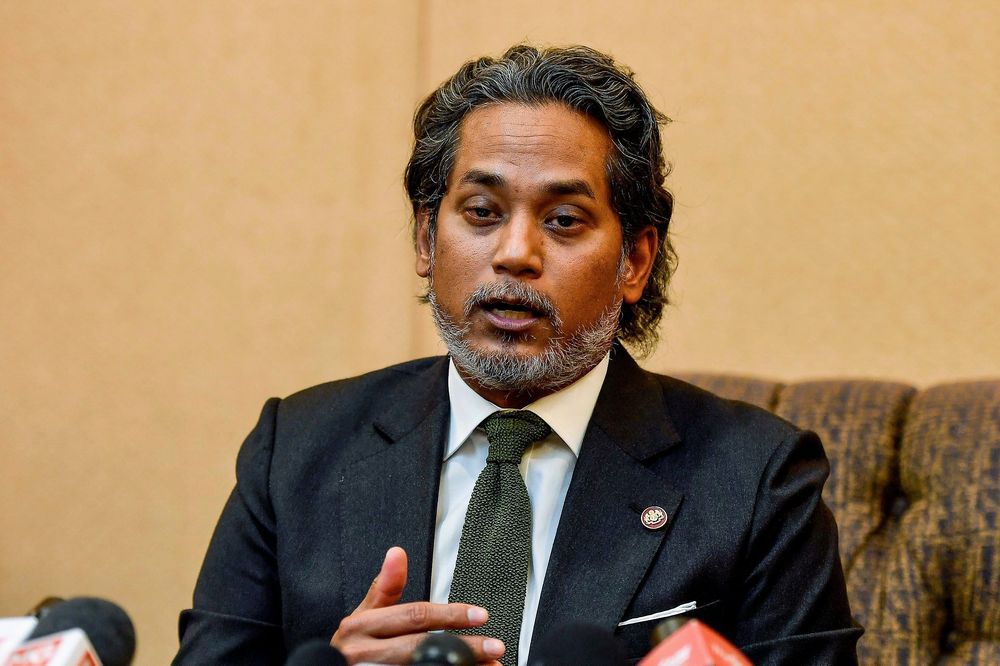FORMER health minister Khairy Jamaluddin has expressed that if the Islamic Development Department (JAKIM) proceeds with its proposal to make halal certification mandatory for food establishments, it should apply universally, not only to non-Muslim operators.
Khairy pointed out the importance of fairness, stating that Muslim-operated restaurants should not be exempt from certification requirements simply based on the owner’s religion.
Speaking on his Keluar Sekejap podcast, co-host Shahril Hamdan asked if the proposal was aimed at all food operators or specifically non-Muslim establishments.
Khairy responded, “If it is to be made mandatory, then it should be mandatory for all. Otherwise, it would be unfair.”
You can’t just say, because it’s a restaurant operated by a Muslim, halal certification isn’t necessary.
Shahril, a former UMNO information chief, added that the proposed rule might force operators to choose between obtaining halal certification or serving pork and/or alcohol. He suggested that non-Muslim operators who do not offer pork or alcohol should not be required to obtain halal certification.
Khairy acknowledged the challenges of such a policy, particularly in balancing consumer expectations. He proposed alternative approaches such as encouraging businesses to see halal certification as adding value by demonstrating cleanliness, hygiene, and safety compliance.
Well, that’s the downside of this proposed policy to (put at) ease a majority of customers.
Last week, Religious Affairs Minister Datuk Mohd Na’im Mokhtar mentioned that JAKIM was considering making halal certification compulsory for restaurants and food companies that did not serve pork or alcohol.
However, Seputeh MP Teresa Kok Suh Sim voiced her concerns, warning that such a policy could burden small businesses and limit consumer choice, potentially clashing with Malaysia’s cultural diversity.
UMNO’s ulama council echoed this sentiment, arguing that Muslim operators should be exempt since they are already bound by Islamic rules regarding halal practices.
Moreover, Khairy also suggested that JAKIM regulate the fees charged by consultants who help businesses obtain halal certification, recommending a standardised fee scale to prevent businesses from being overcharged.
In Penang, the state’s Islamic Religious Council (MAINPP) revealed that 76% of halal certification holders from January to June this year were non-Muslim companies. This includes various industries such as food products, hotels, and logistics, highlighting the trust placed in Malaysia’s halal certification across diverse sectors. – Sept 11, 2024
Main photo credit: Bernama









